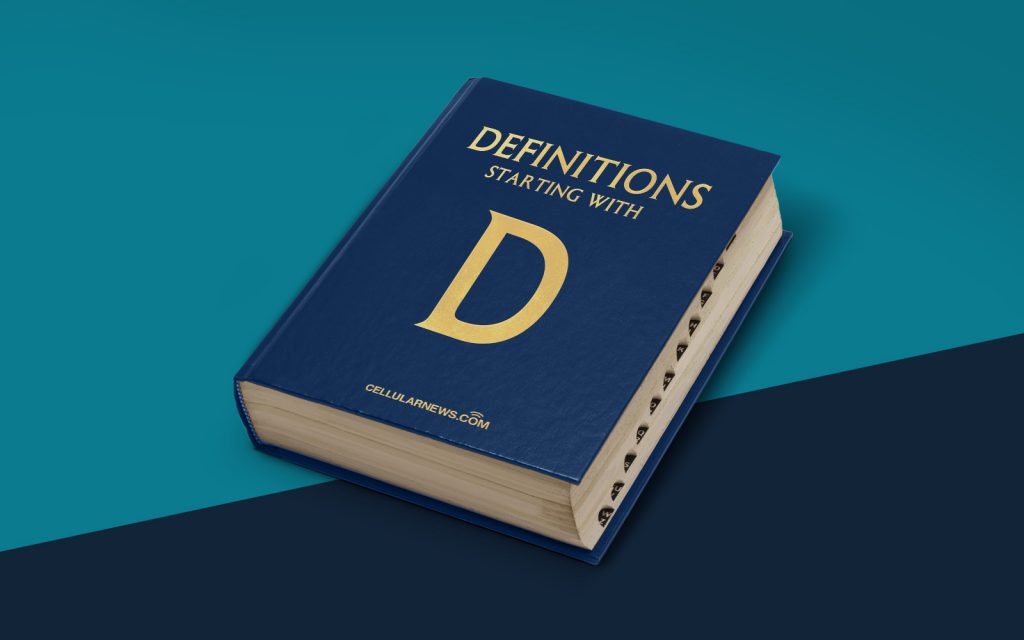
What is Decentralized Finance (DeFi)?
In the world of finance, there is a growing trend that is revolutionizing traditional systems and changing the way we think about money. It’s called Decentralized Finance, or DeFi for short. But what does this buzzword actually mean? In this blog post, we will unlock the mysteries of DeFi and delve into its exciting potential.
Key Takeaways:
- Decentralized Finance, or DeFi, refers to the use of blockchain technology and cryptocurrencies to recreate and improve traditional financial systems.
- DeFi offers a wide range of applications, including lending and borrowing, decentralized exchanges, insurance, and more.
Imagine a world where financial transactions are no longer reliant on intermediaries like banks or government institutions. Instead, DeFi aims to build an inclusive and open financial ecosystem that is accessible to anyone with an internet connection. DeFi operates on a blockchain, which is a digital ledger that records transactions transparently and securely. By leveraging the power of smart contracts, DeFi applications eliminate the need for central authorities, allowing users to interact directly with one another.
Here are some of the key components and applications of DeFi:
- Lending and Borrowing: DeFi platforms enable individuals to lend or borrow assets without the need for a traditional bank. Through smart contracts, borrowers can secure loans by depositing collateral, while lenders earn interest on their holdings.
- Decentralized Exchanges: DeFi also includes decentralized exchanges (DEXs), where users can trade cryptocurrencies without the need for a centralized intermediary. This allows for greater security, transparency, and control over one’s assets.
- Stablecoins: Stablecoins are cryptocurrencies that are designed to maintain a stable value by pegging them to a reserve asset, usually a fiat currency. These stablecoins allow for seamless trading and reduce price volatility in the crypto market.
- Insurance: DeFi platforms also offer insurance options, providing users with protection against hacks, smart contract failures, and other risks associated with the crypto space. This helps to mitigate potential losses and build trust within the ecosystem.
- Decentralized Autonomous Organizations (DAOs): DAOs are organizations governed by smart contracts and operated by their community members. They enable decentralized decision-making and allow participants to have a say in the platform’s development and governance.
These are just a few examples of the vast possibilities that DeFi presents. As the technology continues to evolve, we can expect to see more innovative applications emerging in the space.
So, why is DeFi gaining so much attention? Well, apart from the increased financial freedom and accessibility it offers, DeFi has the potential to disrupt traditional financial systems. By removing intermediaries, DeFi eliminates the need for costly middlemen and reduces barriers to entry for individuals who have historically been excluded from traditional financial services.
As with any emerging technology, there are risks associated with DeFi. Security vulnerabilities, regulatory challenges, and smart contract bugs can pose significant threats. However, the DeFi community is working tirelessly to address these issues and create a more secure and robust ecosystem.
In conclusion, Decentralized Finance (DeFi) is revolutionizing traditional financial systems by utilizing blockchain technology and cryptocurrencies. It aims to create an inclusive, transparent, and accessible financial ecosystem that empowers individuals. With its various applications, DeFi has the potential to reshape the way we think about money and banking. As the industry continues to grow and overcome challenges, we can expect to see even more exciting developments in the coming years.
